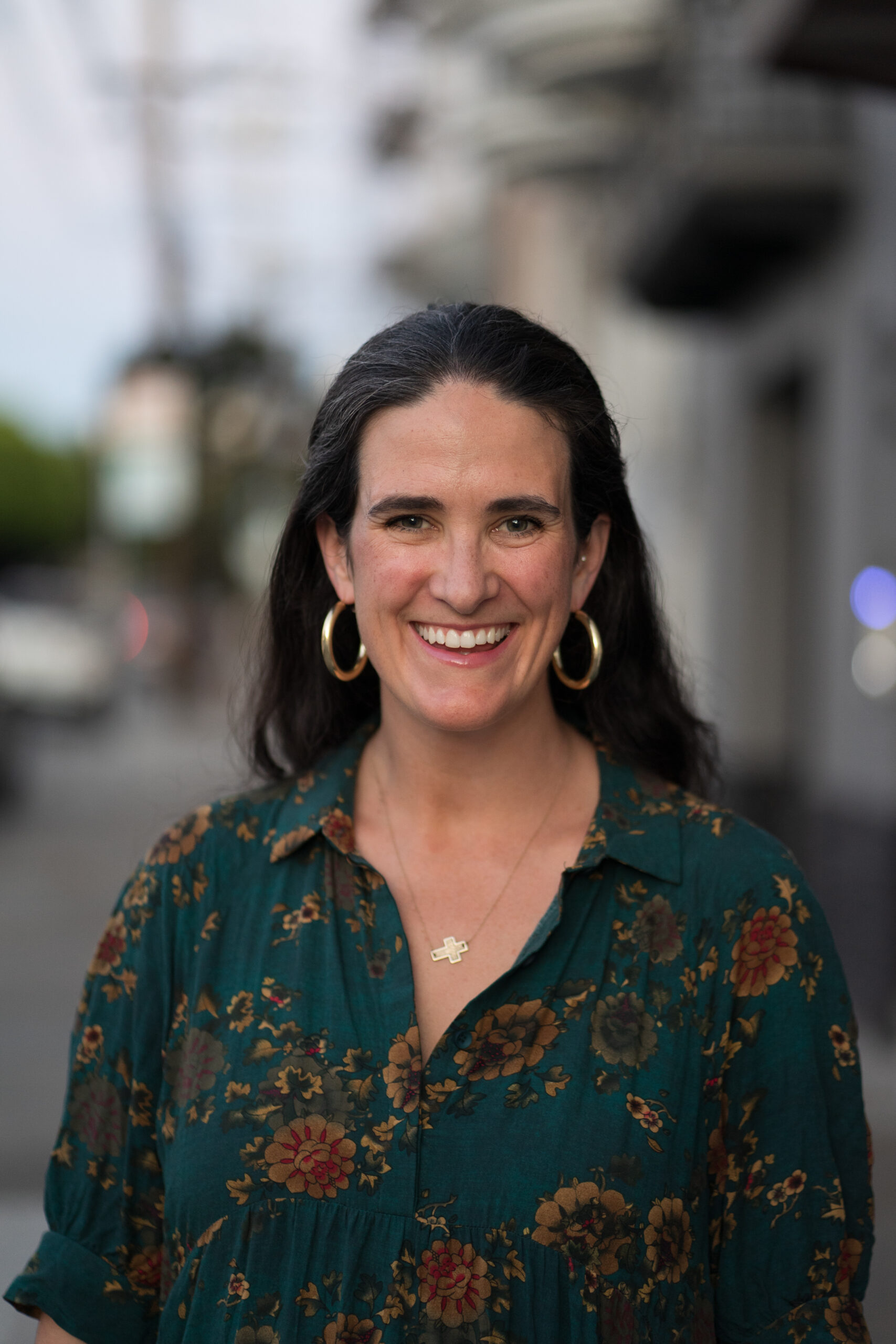About Micaela
Pronouns: She/Her
Micaela Connery is the Co-Founder and CEO of The Kelsey, a national nonprofit pioneering disability-forward housing solutions that are affordable, accessible, and inclusive. She launched this work alongside her cousin and co-founder, Kelsey, a passionate advocate for access and inclusion who lived with multiple disabilities. Their shared vision continues to shape the organization’s mission and impact.
Since founding The Kelsey in 2018, Micaela has led the organization to develop over 200 disability-forward homes, unlock nearly $190 million for inclusive housing, and scale its influence to reach thousands of advocates and homes nationwide. As a Fellow at Harvard’s Joint Center for Housing Studies, she published leading national research on housing and disability, laying the groundwork for The Kelsey’s model. Her commitment to inclusion began early—as the founder of Unified Theater, which she launched at age 15 and scaled to schools across the country.
Micaela is recognized as an Ashoka Fellow, Draper Richards Kaplan Foundation Entrepreneur, Mitchell Scholar, and Harvard Social Innovation and Change Initiative Fellow. A graduate of the Harvard Kennedy School, the University College Dublin Smurfit School, and the University of Virginia, she is a sought-after voice on inclusive design, housing innovation, and community-based living. Through The Kelsey, she is advancing a bold vision: communities where people of all abilities and incomes live side by side—with dignity, equity, and belonging.
What does it mean to you to be Disability-Forward? Why does it matter? Why does inclusion matter?
Growing up with Kelsey, my family was defined by inclusivity and access. When we centered family vacations on Kelsey’s access needs or let Kelsey influence our lives with her on the example of inclusivity, we not only made Kelsey’s life richer but we all benefited. This is what disability-forward means to me. Disability-forward reminds us that centering on access and inclusion of people with disabilities isn’t something you do out of charity or obligation, it simply makes all spaces better, all experiences richer, and ultimately a better world that includes opportunities for all people.
Favorite building feature?
I love cities and have lived my whole adult life in small spaces in big cities. So I love how all our projects are well-located in diverse, vibrant cities and neighborhoods. Yet, while I’m an urbanist, I also value nature and being outside. So, I love how our very urban projects also include outdoor amenities, green spaces, and accessible ways for our residents to enjoy nature.
